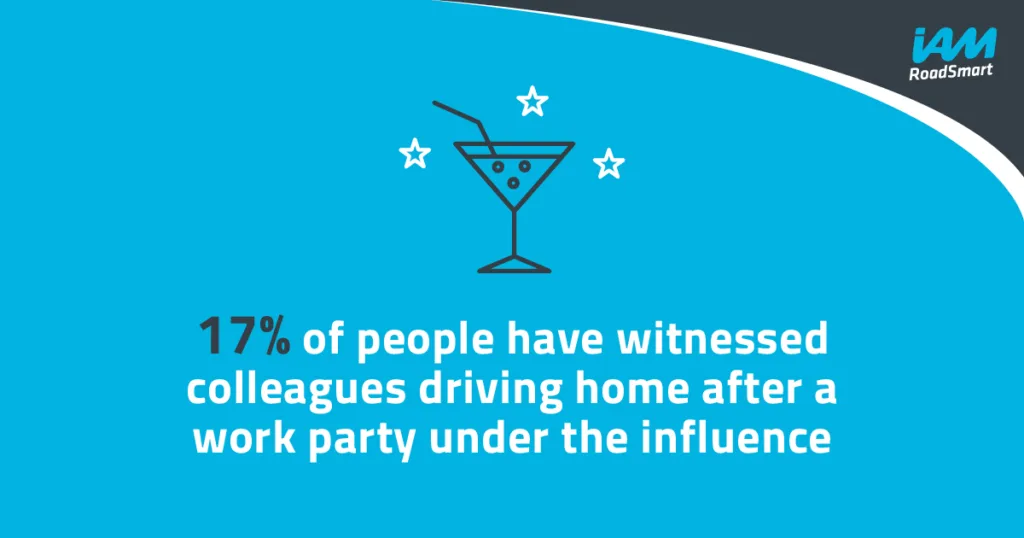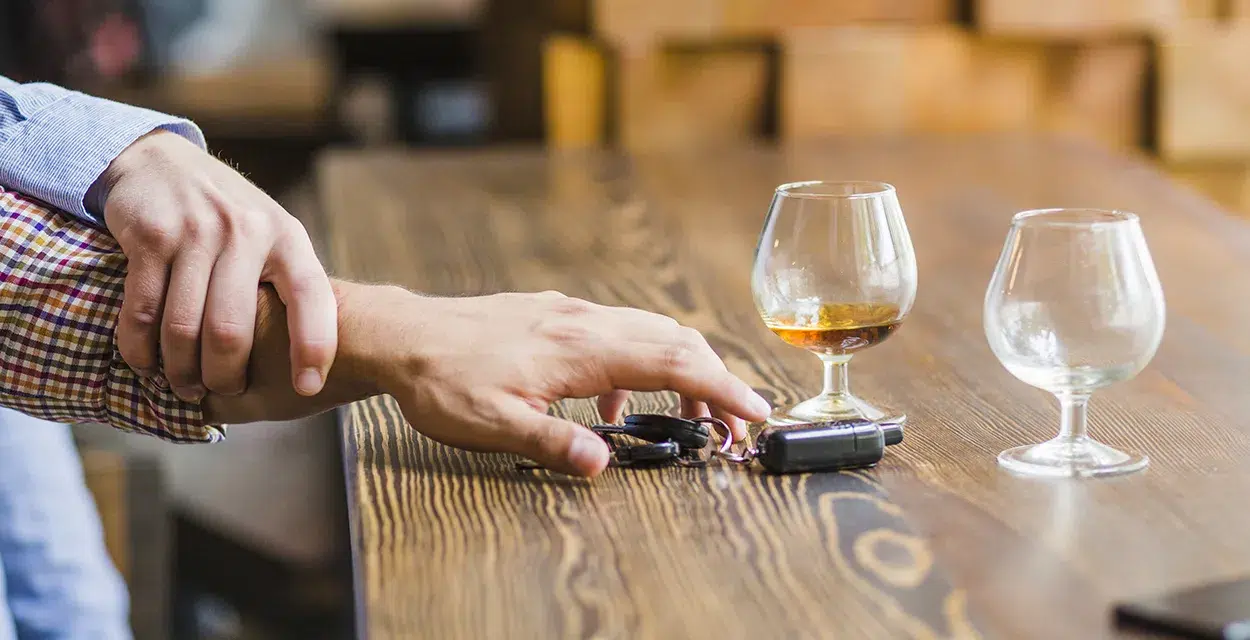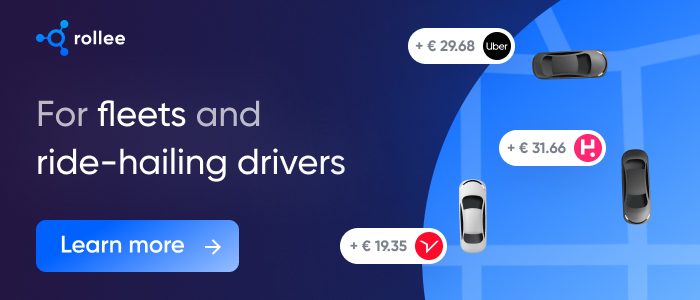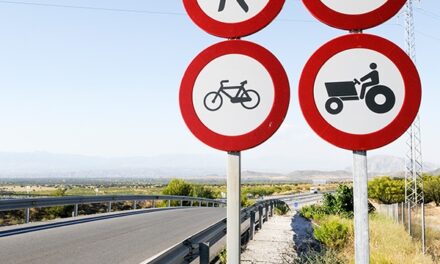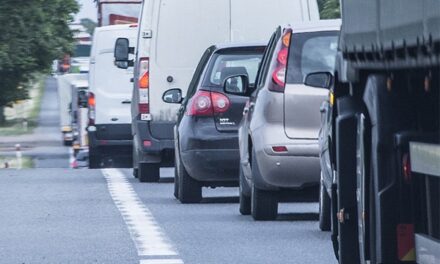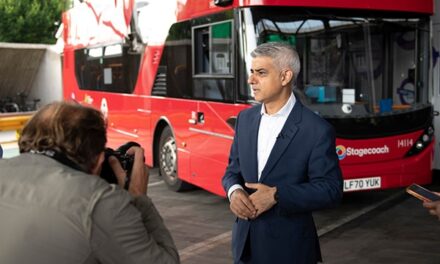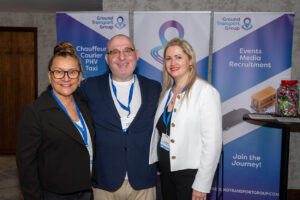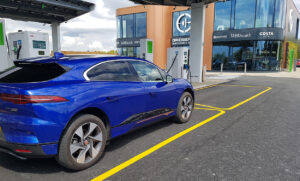In the run up to Christmas, a national survey of UK drivers by road safety charity IAM RoadSmart has revealed that more than a quarter (27%) of drivers think there are circumstances when it’s okay to drive under the influence.
Christmas is a time of celebration for many and our data reveals that more than three-quarters (77%) of drivers are planning to attend a party or gathering of some sort. A busy social calendar at this time can lead to an increase in overall alcohol consumption and even drug taking, but IAM RoadSmart’s new survey shows almost a third of (29%) people wouldn’t feel comfortable trying to stop their partner from driving while under the influence and half (49%) wouldn’t stop their parents from getting behind the wheel while inebriated.
While most people understand getting into a car after consuming alcohol or illegal drugs is a bad idea, more than one in 10 (11%) people think it’s safe to drive the morning after a night of heavy drinking or taking illegal drugs. Some respondents felt it was okay to drive after drinking alcohol or taking illegal drugs if you need to drive someone to hospital and there are no ambulances available (15%) or if there’s no other way home, such as a taxi, but you do have your car with you (6%).
With the festive season upon us, it’s not just family and friends we’ll be getting together with. Christmas work party season is in full swing, yet only a third (31%) of people would feel comfortable stopping their work colleagues from driving after drinking or taking drugs, a figure which drops to just over a fifth (22%) for the boss. Furthermore, 17% of people have witnessed colleagues driving home after a work party under the influence.
Nicholas Lyes, Director of Policy and Standards at IAM RoadSmart, said:
“IAM RoadSmart is reminding people that consuming alcohol or taking illegal drugs and driving don’t mix and ruins lives. Those attending a celebration or gathering where they plan on drinking should make sure they look at alternative travel arrangements such as nominating a designated driver, using public transport where possible, and taxi sharing.
“We are urging the Government to put resources into tackling the real problem areas – young drivers, those with alcohol or drug problems and those who simply don’t believe they will ever get caught.
“The best way to catch those who ignore the limit is through intelligence-led high profile policing so investment in roads policing must be protected. The reality of being caught must be matched in education campaign messaging.”
